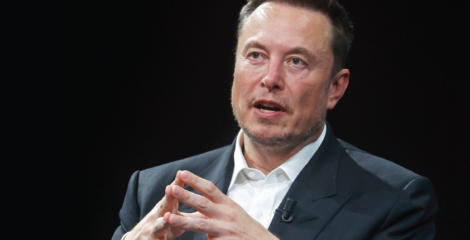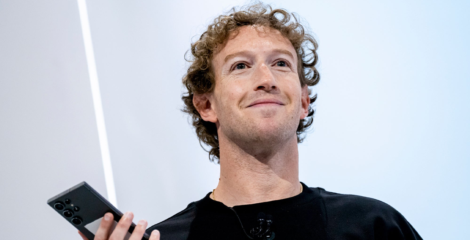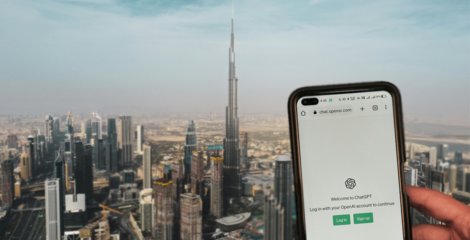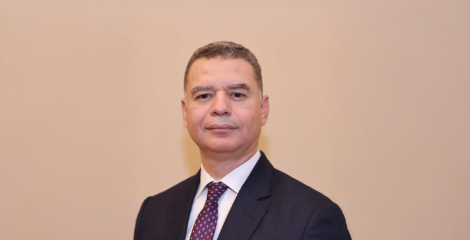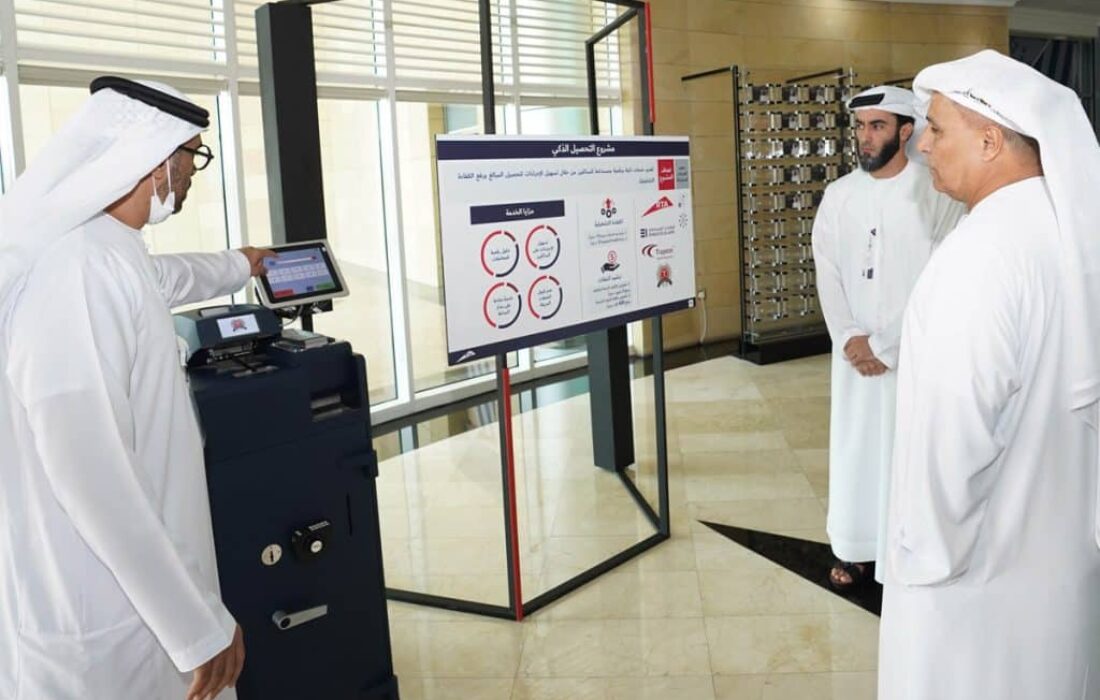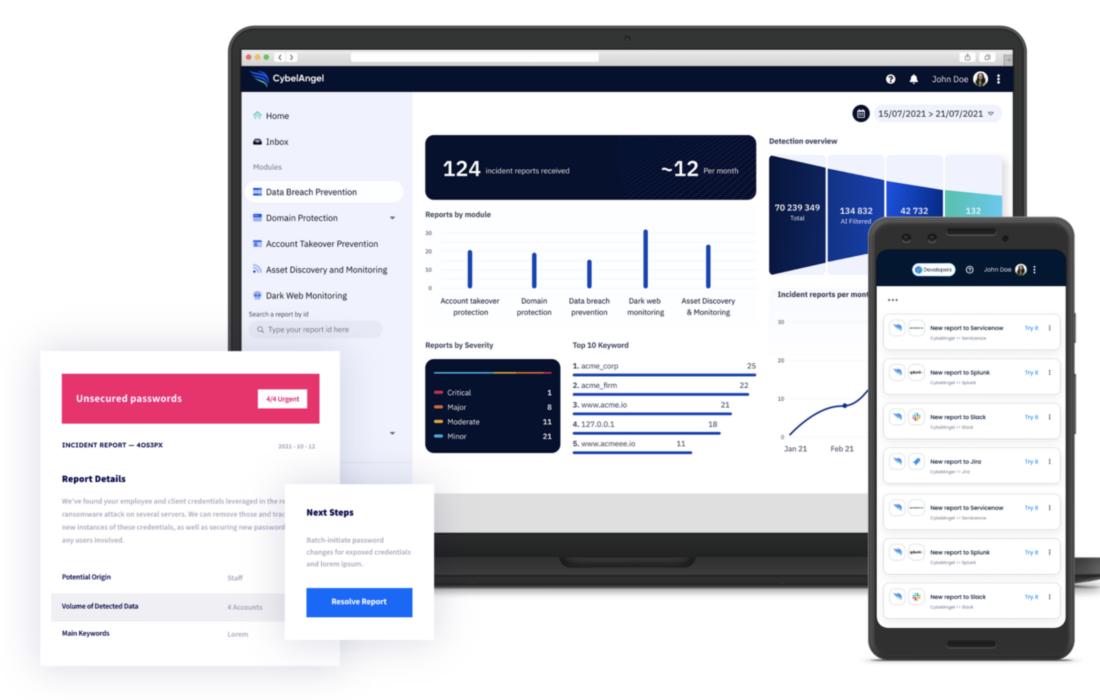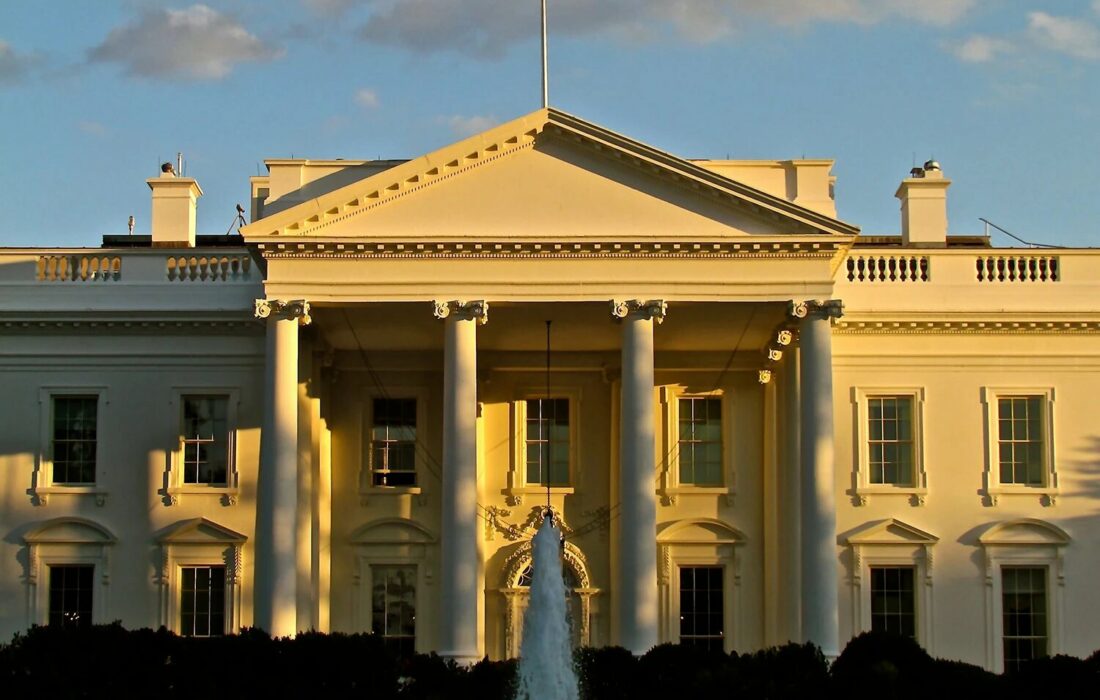HSBC, a prominent international bank operating in the MENA region, has successfully conducted its first blockchain-enabled, trade finance transaction in the automotive industry.
The transaction was facilitated by blockchain platform, Contour, between the Chinese carmaker SAIC Motor and Taajeer Group, the authorized dealer of MG cars in Saudi Arabia.
According to a statement, Contour managed the end-to-end digitization of the credit documentation required for Taajeer to import a shipment of cars from SAIC in a process that is up to 10 times faster than its equivalent using physical documents. The platform also makes data more secure and transparent, making the immediate global transfer of data across trade routes and current fragmented ecosystems possible.
HSBC further explains that distributed ledger technology has the potential to reduce transaction times from between five and ten days to under 24 hours, enabling additional trade between international and regional markets.
The report added that the platform wants to digitise $53bn of global trade finance.
Chaker Zeraiki, head of global trade and receivables finance for HSBC UAE, said: “Our digitising at scale means making customers’ lives easier and, with Contour it means we’re cutting costs, reducing risk and speeding up trade. Bringing these benefits to the automotive sector and Saudi Arabia are a measure of our international connectivity and our global leadership in trade banking.”
David Leslie, General Manager of the Trade Finance Business at SABB, notes that this is a first for Saudi Arabia, as it seeks to align its operations with the Vision 2030 initiative. “Blockchain can significantly reduce friction and increase the pace of trade for companies trading with Saudi Arabian entities.”
Last year, HSBC also executed a blockchain-enabled, live trade finance transaction between UAE’s Universal Tubes and Plastic Industries, and India’s Tata Steel.
If you see something out of place or would like to contribute to this story, check out our Ethics and Policy section.

